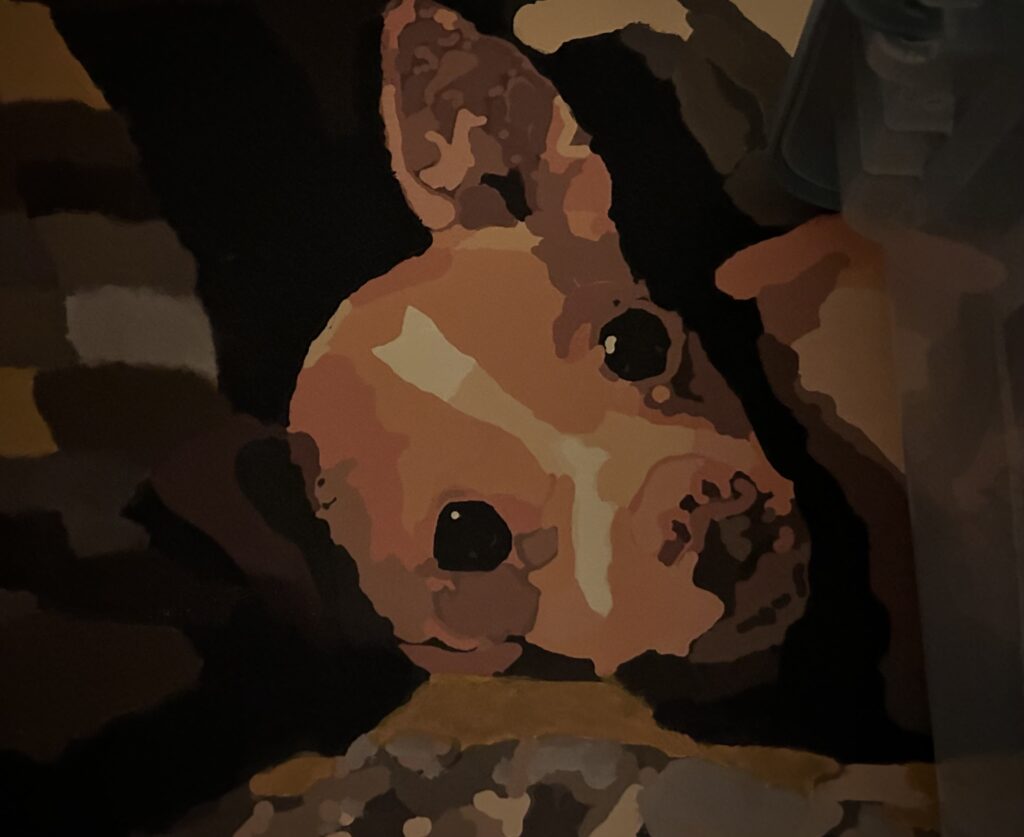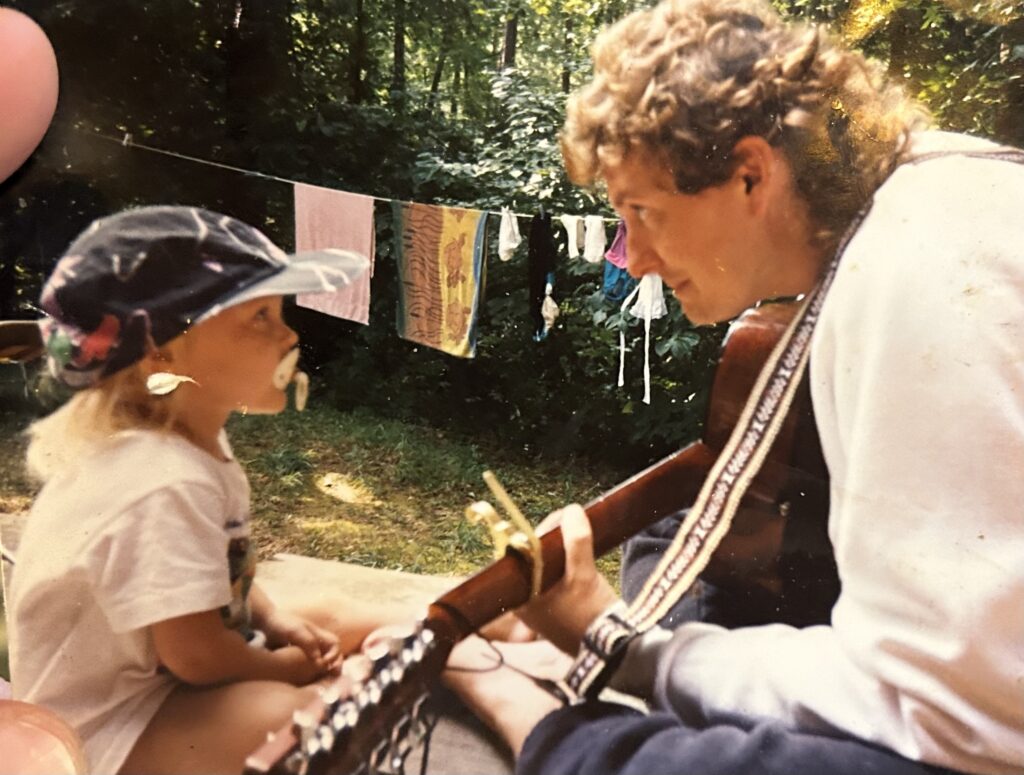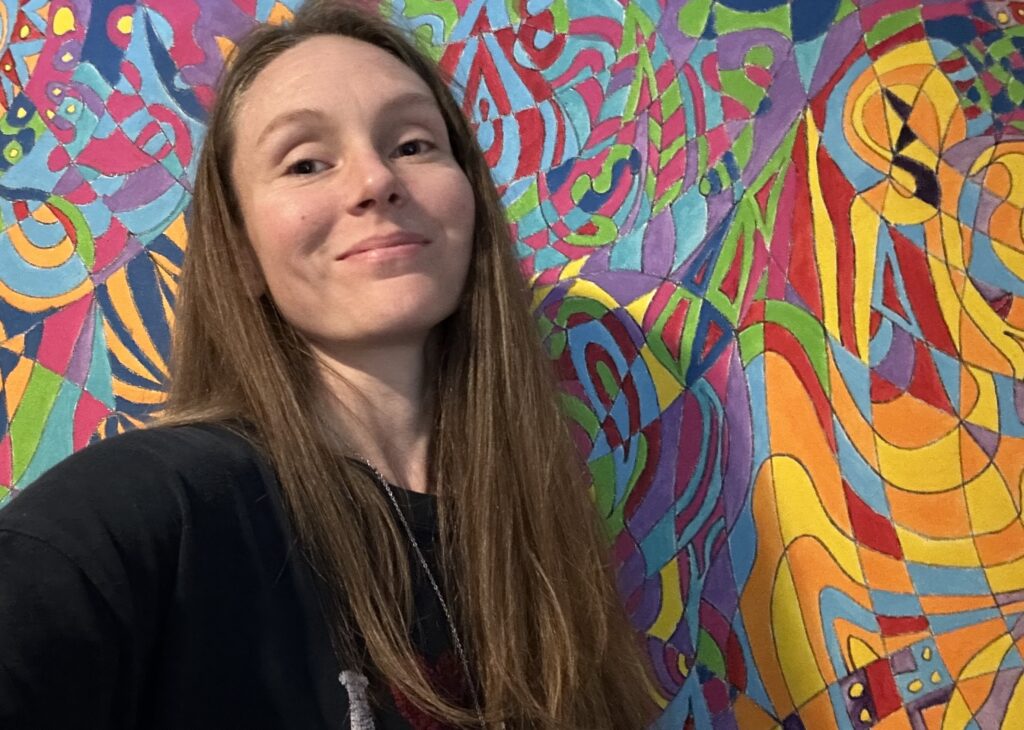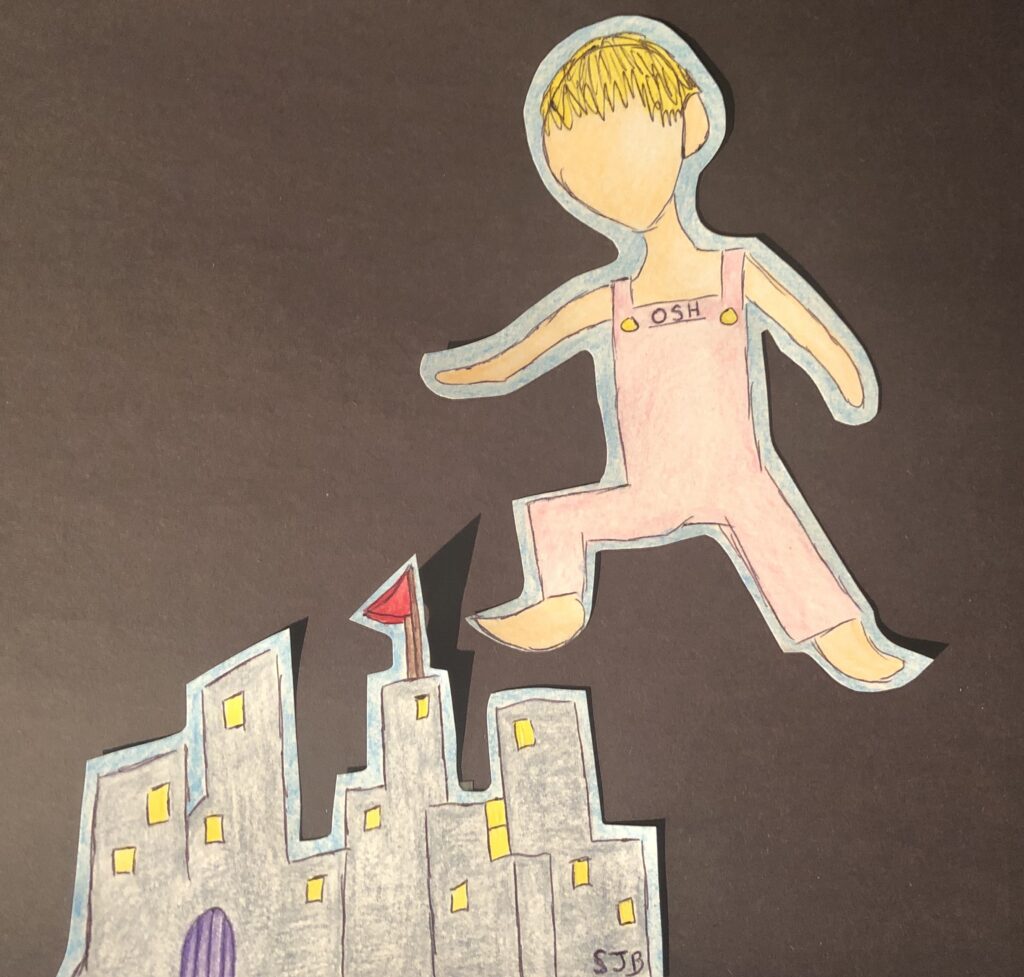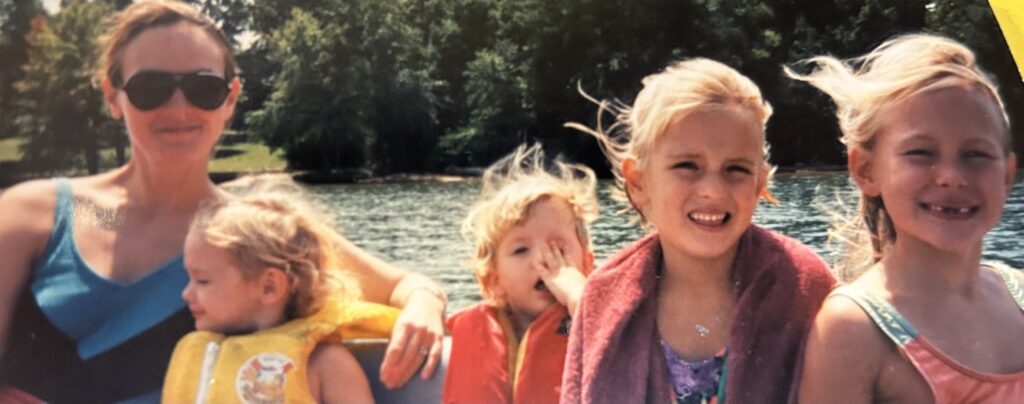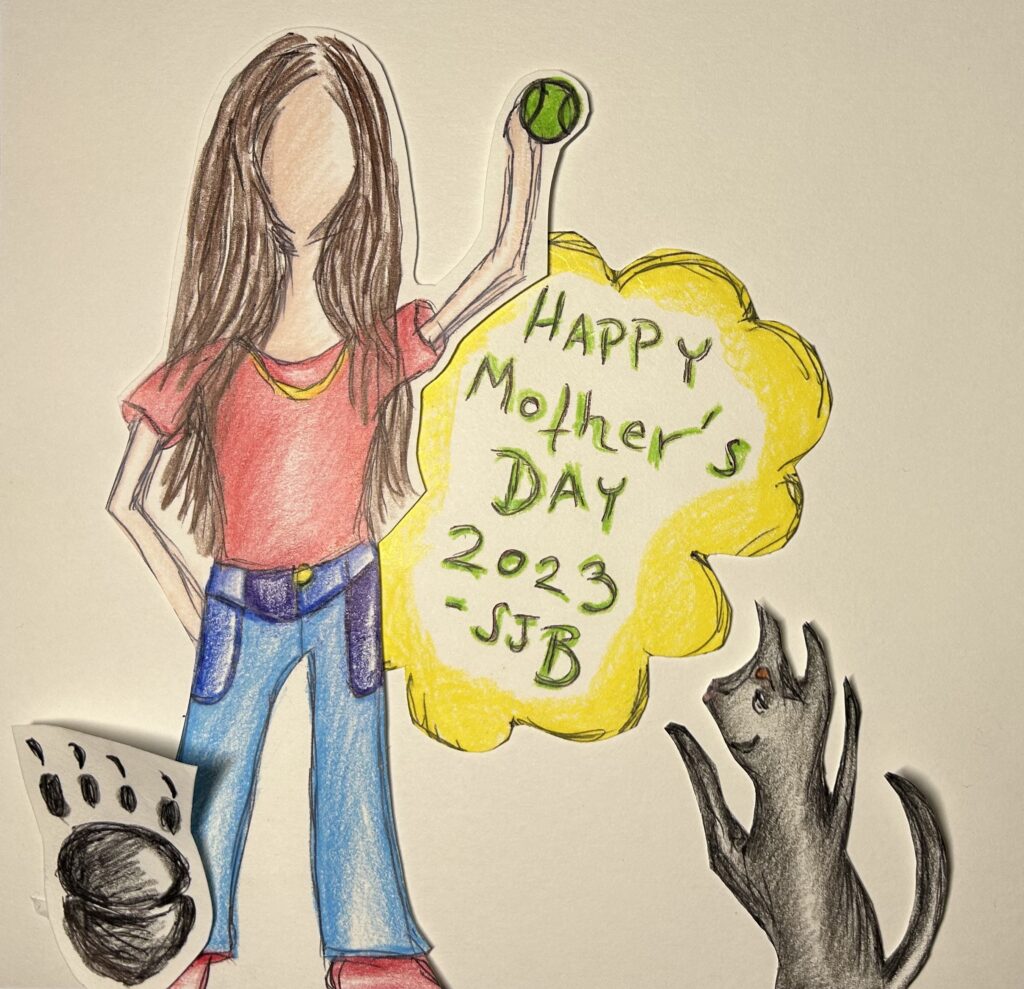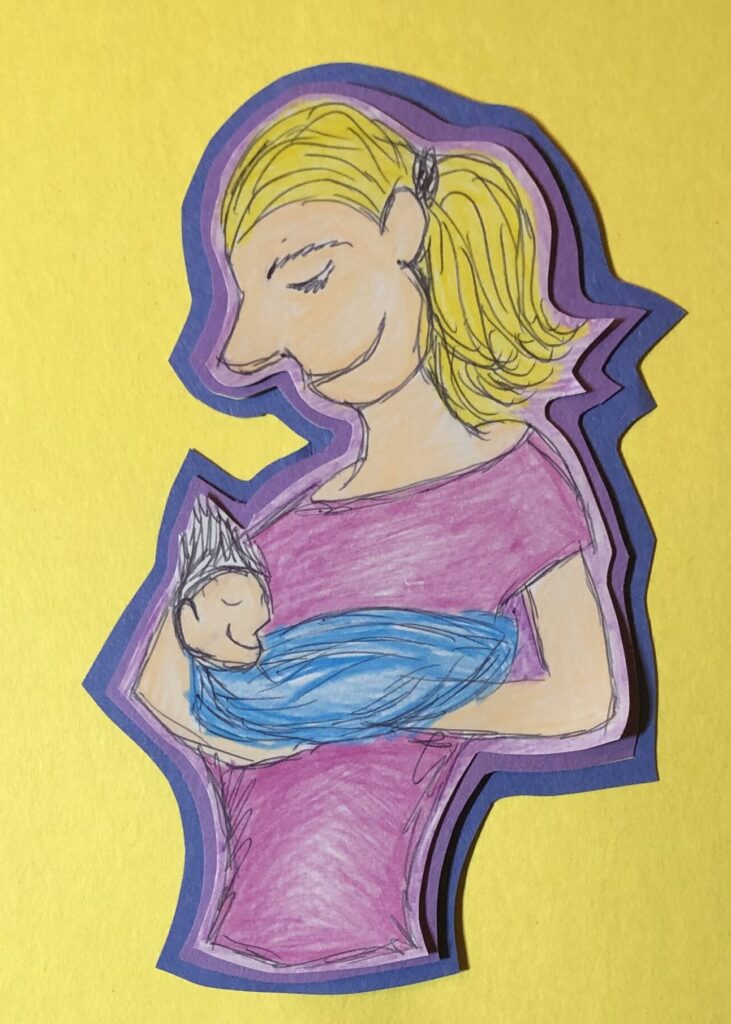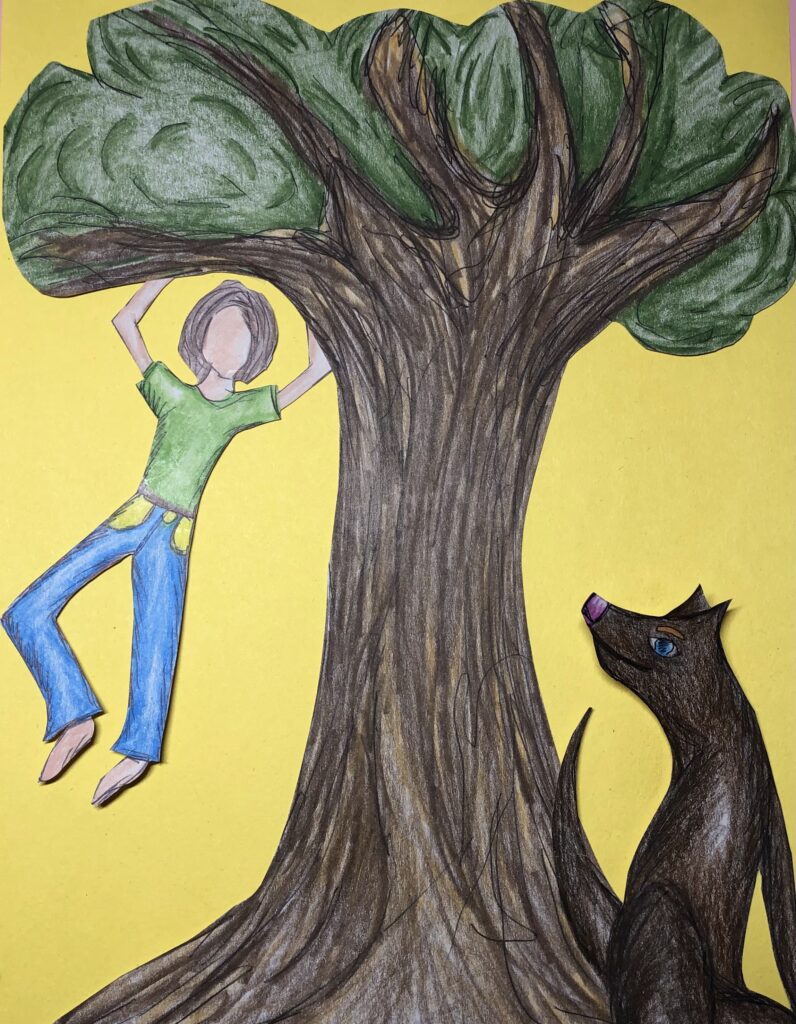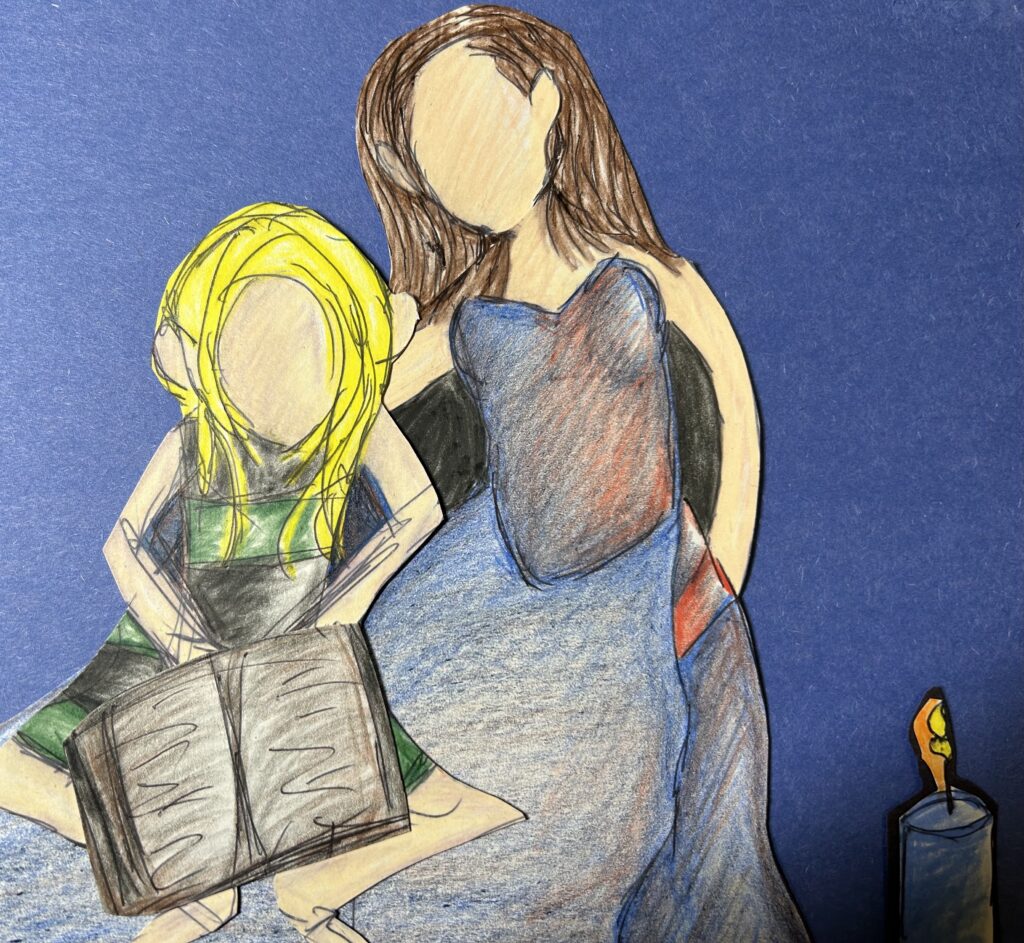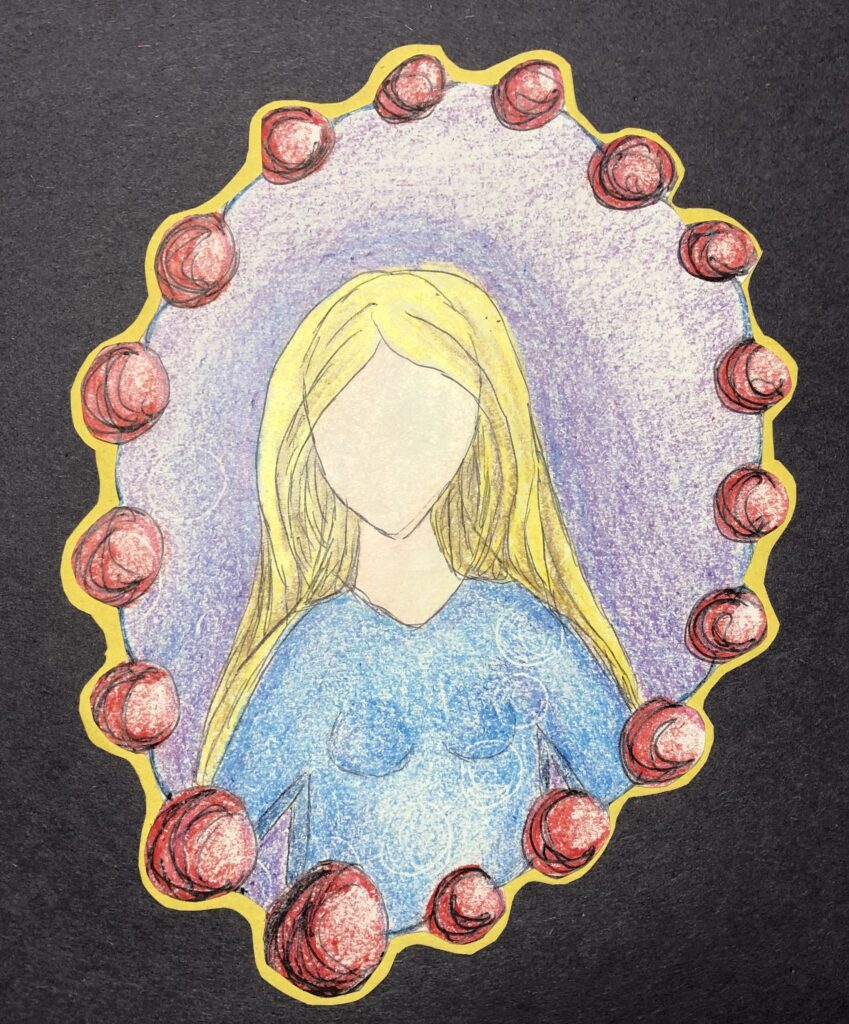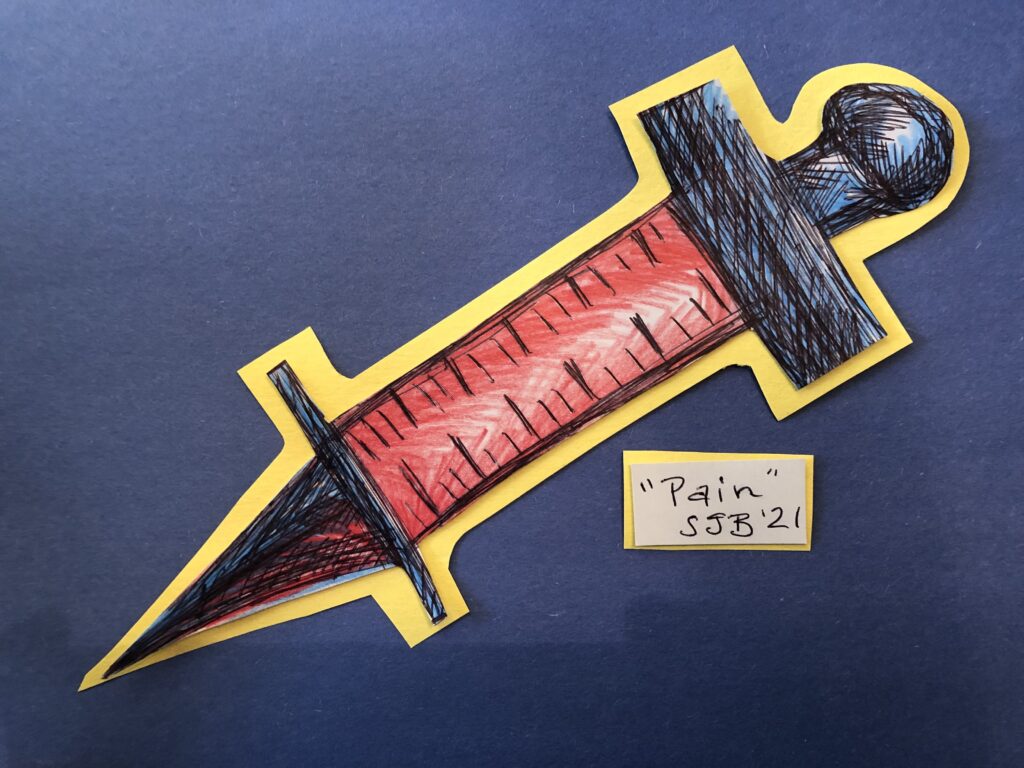
Pain covers a lot of ground. It comes in many shapes and sizes. Sometimes pain has an obvious reason. I tripped and broke my hand. I fell out of a tree and blacked out on the way down. I lived.
We are told that we are broken on the inside. These words spill over breaking news. Many suffering souls are blamed for heinous crimes because that is the prettiest conclusion, the obvious answer, the first response. Quickly, painfully, this person is judged; a scapegoat.
The media feeds society the idea that mental illness is a crime in itself, a problem to be solved. Speaking from experience, some people in my life have passed judgement upon me, following the path of lies. They will not understand because they make no effort. Some believe that mental illness is “fixable.”
When I was first diagnosed with bipolar disorder at the age of sixteen, my high school boyfriend thought this was something I could overcome. In a way, he was right; I have come a long way. On the other hand, he believed this would pass if I worked hard enough. He was not very supportive, but he was sixteen, so what could I expect of him?
Years later, in college, I met someone who truly believed he had been cured of mental illness, due to his devout relationship with God. I believed he was hiding from the truth. If he didn’t address the issue, it did not exist. In my experience, covering yourself with a blanket so that you cannot see anyone does not mean they cannot see you. There is no cure for mental illness, but there is effective treatment.
When my family lived in Savannah, my dad used to ride his motorcycle with a group of friends. They gathered once a week for breakfast. Sometimes I was Dad’s “biker babe” on the passenger seat. One day, I sat across the table from one of the guys, who had a very hard head. We had a conversation about mental illness. I tried to open his eyes, and realized that when some people spend their whole lives believing one idea, it follows them all the way to their grave. I made no progress.
Sometimes, I wonder if there will ever be a cure for mental illness. If this is possible someday, would I want it? I have spent most of my life dealing with this ghost. I have grown to love him. This is part of who I am.
–SJB



